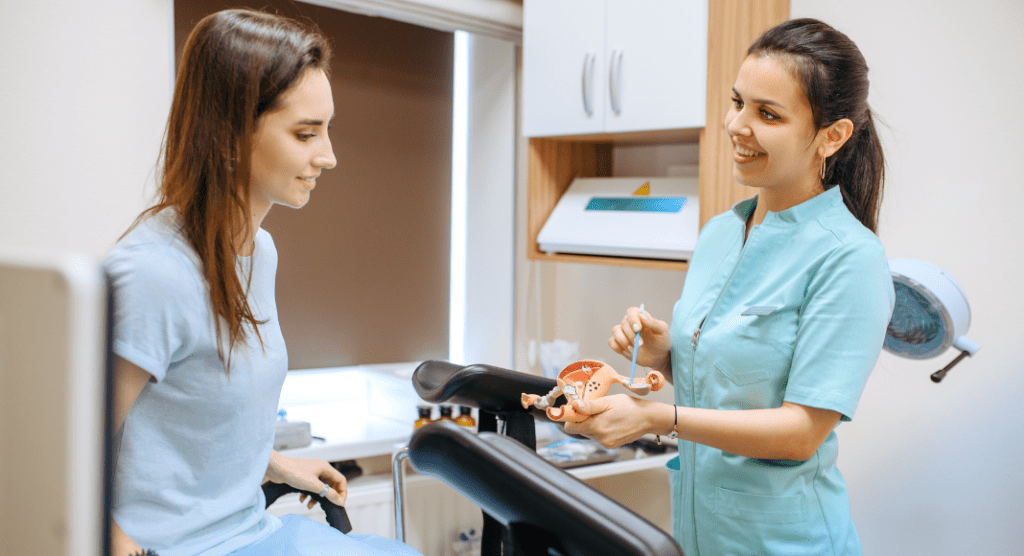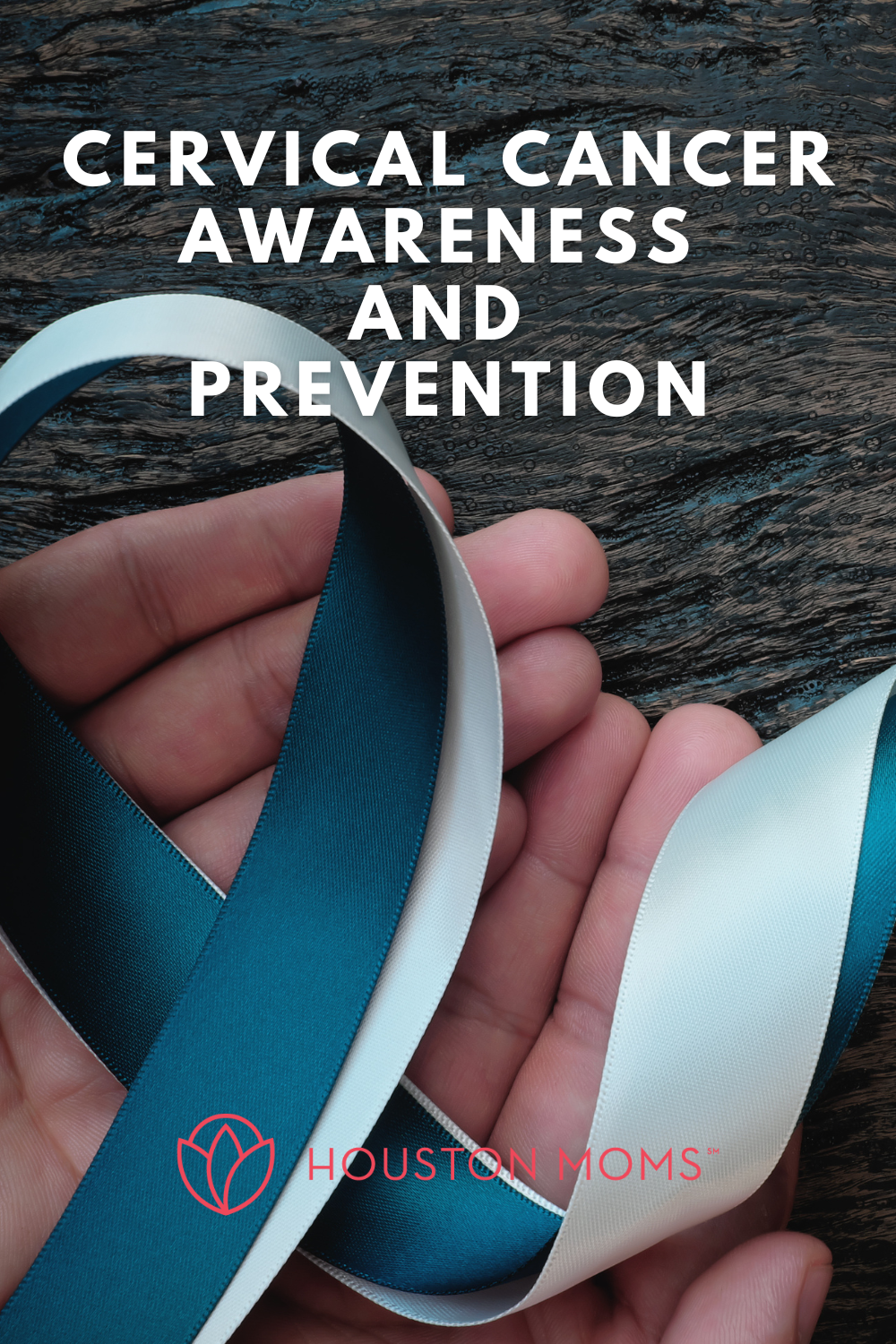The start of a new year often brings along a sense of renewal, and what better way to start fresh this year than to ensure your health is in tiptop shape? January is Cervical Cancer Awareness month, a great reminder to get those screenings scheduled!
 What Is Cervical Cancer?
What Is Cervical Cancer?
The cervix is the lower part of the uterus that connects to the vagina. Cancers that originate here are usually caused by infections from pathogens such as bacteria, viruses and parasites.
A preventative measure that can be used to detect cervical cancer is Pap test screening. Cervical cancer usually develops slowly over time, and the Pap test can detect cancer even at an early stage. It can detect precancerous abnormalities, which can be treated before they develop into cancers.
What is HPV?
Human papillomavirus (HPV) is a virus that is spread by genital-genital or genital-anal contact between individuals. There are different strains of HPV–some are harmless, but others can cause cancers of the penis, anus, cervix, vulva, vagina or throat. It can take weeks, months, or even years after exposure to the virus before symptoms arise or it can be detected. There is no treatment for the virus itself.
HPV is almost always the cause of cervical cancer, which is why vaccinating against the virus is so crucial. Currently, the CDC recommends vaccinating children around 11 to 12 years of age in order to protect them from certain cancers later in life. The vaccine produces a stronger immune response when given during the preteen years, and up until age 14, two doses should be given 6 to 12 months apart. Once the child turns 15, a full three-dose series is required.
How Can Cervical Cancer Be Prevented?
- Consider getting vaccinated against HPV if you are age 26 or younger. Early protection works best!
- Get screened regularly. The HPV test and Pap test both screen for cervical cancer. You can find free/low-cost cervical cancer screening sites here.
- Be alert. Women with early cervical cancers and pre-cancers usually have no symptoms, so regular screening is the best defense. However, common symptoms once the cancer has developed could include: abnormal vaginal bleeding, bleeding after menopause, spotting between periods, or having menstrual periods that are longer/heavier than normal.
What questions do you still have about cervical cancer awareness and prevention? Drop them in the comments below so we can try our best to answer them!
Resources
- Mayo Clinic Explains Cervical Cancer (video)
- American Association For Cancer Research
- National Cervical Cancer Coalition
- Ten Things To Know About HPV and Cervical Cancer (.pdf)
- Centers For Disease Control and Prevention: Human Papillomavirus (HPV)
- Cancer.org: Cervical Cancer
- Cervical Cancer Early Detection, Diagnosis, and Staging (.pdf)













